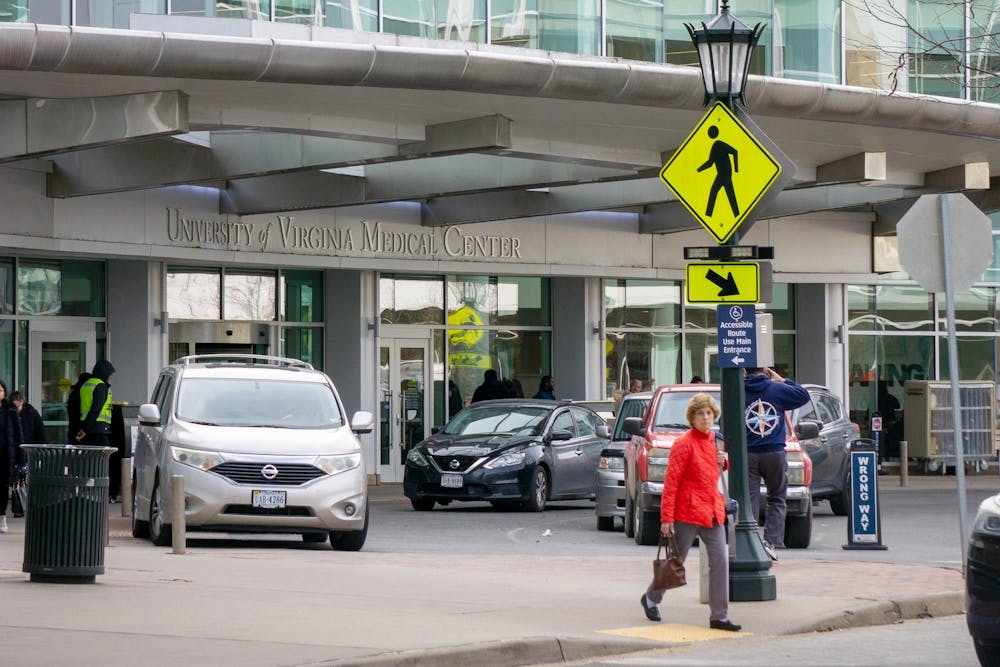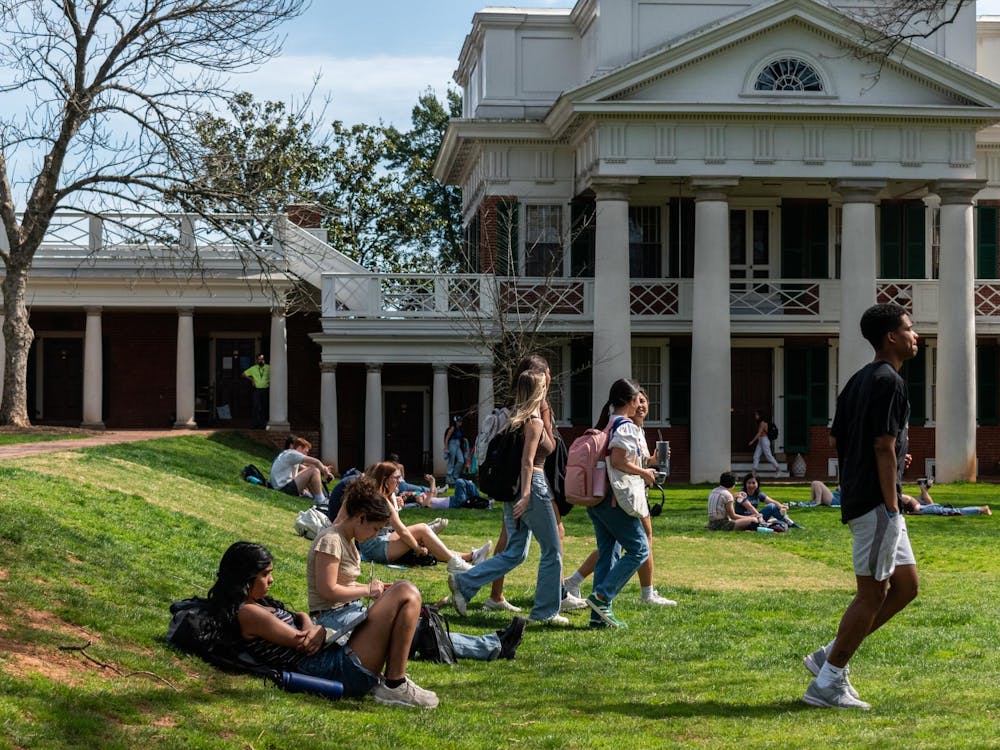The Virginia health commissioner will decide this spring whether to authorize a new kidney transplant center in Roanoke, marking the end of a year-long controversy. The transplant center, proposed by the Carilion Clinic, would be the first provider of such services in Southwest Virginia. On its face, the potential value of this proposal is immense, as it aims to increase access to lifesaving healthcare in currently underserved rural communities.
In spite of this, U.Va. Health has surfaced as the predominant opponent of the proposal. U.Va. Health’s opposition is quite logical from their perspective — Carilion’s transplant clinic would compete with the University’s in Charlottesville, which is the second largest in the state and is currently the nearest transplant provider for patients from Southwest Virginia. U.Va. Health cited a number of motivations for their opposition, including concerns about safety, financial aid, public need and impacts on the University’s own research efforts. In the end, U.Va. Health is correct to oppose the Carilion transplant center, but its public justification of this decision both trivializes important patient needs and undermines U.Va. Health’s already embattled reputation.
In its April 2024 letter of opposition, U.Va. Health establishes a number of substantial concerns about Carilion’s proposal. Recent health inspections revealed safety violations in Carilion’s existing Roanoke facilities, and Carilion’s proposed charity care rate suggests it will provide patients with relatively little financial assistance. Furthermore, transplants are generally limited in number by organ availability, so a new clinic would be ineffective at increasing overall transplants performed. Finally, larger clinics are typically capable of performing more complex and successful procedures, and the Carilion clinic would itself be smaller. For a clinic to benefit Southwest Virginia, it must provide safe, financially accessible and high quality care — Carilion meets none of these prerequisites, and thus, it should not move forward.
Despite the validity of these points, there was a substantial outcry against U.Va. Health and in Carilion’s defense. Many former transplant patients from Southwest Virginia gave emotional testimonials about the difficulty of traveling to Charlottesville on a frequent basis, while others expressed concerns about U.Va. Health prioritizing its own services over patient needs. Such a response genuinely inhibits U.Va. Health’s efficacy — the value of a public service like U.Va. Health is intrinsically dependent on how it is viewed by the public. Unfortunately, this negative press is fully the fault of U.Va. Health — it failed to address significant stakeholder concerns when crafting its justification.
For one, the rhetorical framing of the justification contributes to the all-too-common trend of overlooking rural needs and neglecting the reality of geographic challenges in the kidney transplant process. The new clinic in Roanoke would push coverage above the state’s recommended threshold of 95 percent of residents living within two hours of a clinic, and would extend adequate transplant access to over 400,000 additional Virginians. And the current potential for logistical difficulties should be no mystery for U.Va. Health which expects waitlist members to appear at the hospital at a moment's notice when an organ becomes available. U.Va. Health’s claim that geography is not a factor deliberately minimizes known challenges that Southwest Virginians face.
Another cause for public concern is U.Va. Health’s claim that the Carilion clinic would divert patients from the University’s transplant clinic to the detriment of U.Va. Health’s staffing and research. Again, U.Va. Health is correct that maintaining patient numbers is necessary for the research that ultimately benefits all those in need of transplants. But without careful execution, this messaging — in conjunction with the misrepresentation of geographic challenges — suggests that U.Va. Health is content to prioritize its own commercial interests over patient interests.
In a December 2024 opinion article, U.Va. Health officials attempted to clarify their reasoning, but this too left substantial concerns unanswered. For one, U.Va. Health’s stance about the Carilion facility is drastically different from that of Virginia Commonwealth University. VCU, as the state’s other major transplant provider, has strongly supported the project. Such a discrepancy between two similar healthcare providers is sure to raise alarm bells for patients — if U.Va. Health was truly acting out of concern for patients’ interests, then wouldn’t VCU Health be sending the same message? University officials must understand that even if they are on the right side of this issue, leaving this situation unaddressed causes real harm to U.Va. Health’s status among healthcare providers in Virginia.
Opposing a development that many Virginians support is acceptable with well-framed evidence, but at the very least, U.Va. Health must thoughtfully defend and justify such an action. Especially amid controversy regarding its integrity, U.Va. Health must understand that even a simple messaging failure can have a real and negative impact on the way it is perceived by the very Virginia residents it is intended to serve. Regardless of the final decision on the Carilion transplant center, members of the University community should be certain that U.Va. Health’s role in this debate was the correct one. U.Va. Health officials, however, should learn to tread more carefully when taking a stance on issues of such great public significance.
Nathaniel Carter is a senior associate opinion editor who writes about health, technology and environment for The Cavalier Daily. He can be reached at opinion@cavalierdaily.com.
The opinions represented in this column are not necessarily those of The Cavalier Daily. Columns represent the views of the authors alone.






